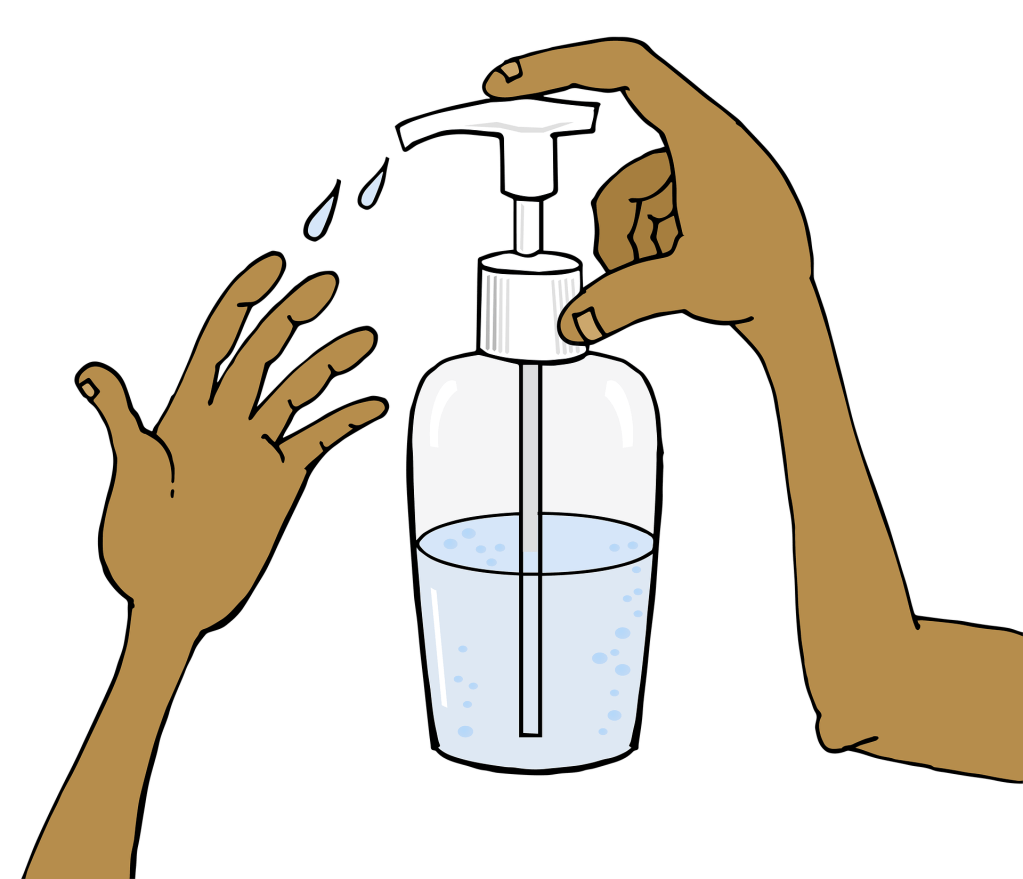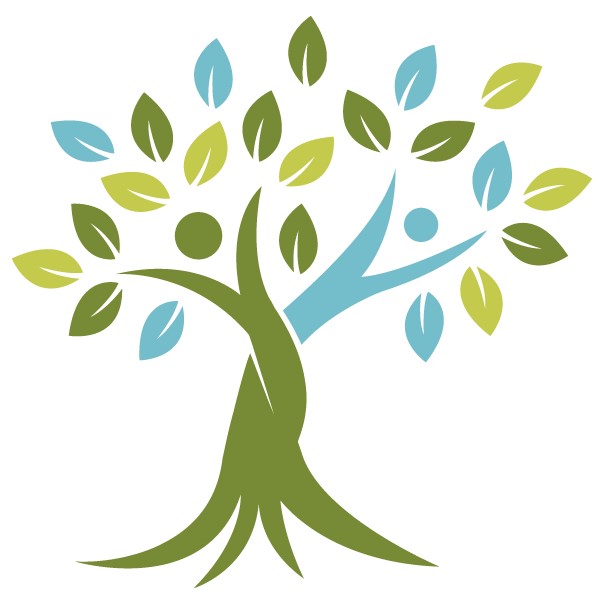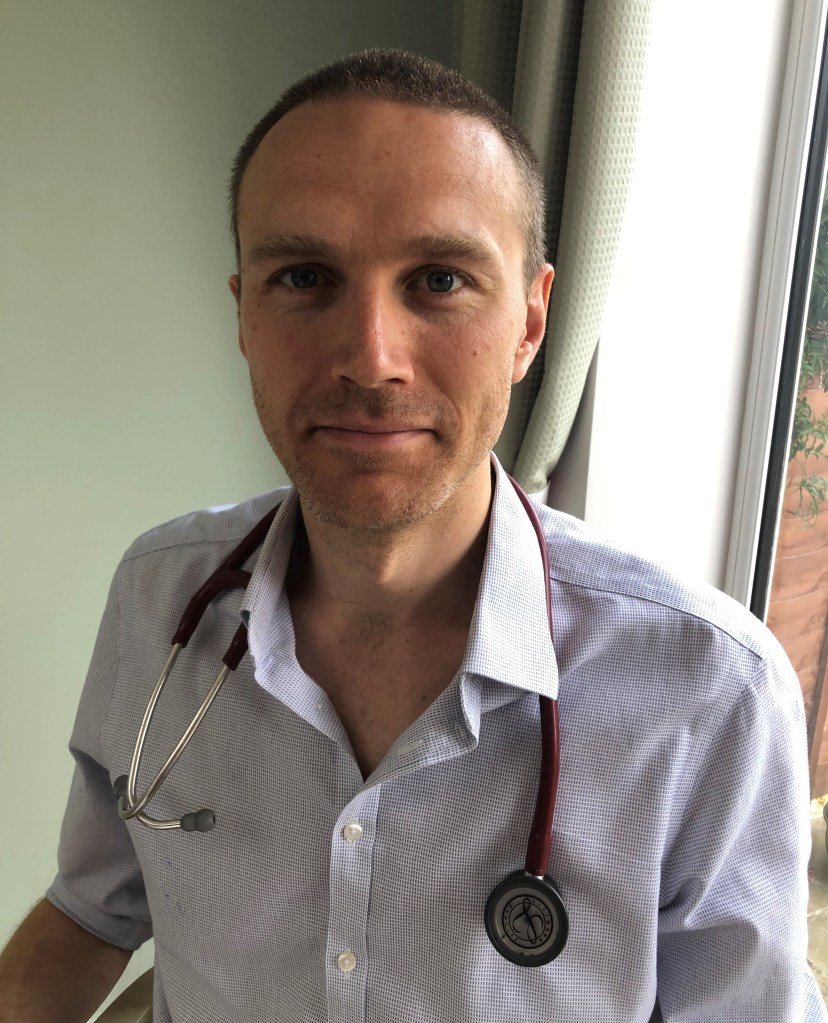As we slowly ease out of lockdown in the coming weeks, we’re opening our door to more virus and more risk.

Many of you have asked what we will be doing to protect our family.
As a Nutritional Therapist married to an Infectious Disease doctor working on the front line, we’ve given this lots of thought already.
After all, healthcare workers are six times more likely to catch coronavirus.
With my husband working in the hospital every day, this means we are sitting ducks for infection.
So, what have we been doing to protect our family?
And why might this be IMORTANT FOR US ALL as we ease out of lockdown?
As with the rest of this blog, my approach is multi-pronged; one that incorporates the best of natural and conventional medicine…
……IN SYNERGY.
By working together, we can produce the most successful results.
United we are stronger!
So, let’s get started..
- HAND WASHING – Firstly, we recognise the importance of good hygiene and washing our hands.
But how did we discover the importance of good hygiene?
To you and me it seems common sense, right?

It may do now, but this certainly wasn’t always the case.
In 1846 (only 150 years ago), physician Ignes Semmelweis, worked on a maternity ward. He noticed that new mothers had a five-times higher chance of dying if they were attended by a doctor instead of a midwife. After much deliberation, he theorised that this was because the doctors were performing autopsies on the dead, and then moving straight into the labour suite to deliver a baby…
…without washing their hands.
Off the back of these observations, he introduced chlorine washing of hands and all medical instruments which dramatically reduced the number of deaths.
Sadly, the other Austrian doctors involved didn’t like being inadvertently blamed for the new mothers’ deaths and called him crazy.
He kept fighting his theory, but lost his job and died locked up in a mental institution.
Fortunately, his ideas influenced the forward-thinking future generations.
Florence Nightingale was one of them, and in the early 1900’s was a huge advocate of handwashing.
It was around this time that diseases like smallpox and tuberculosis were rampant killers and the medical profession were waking up to the theory of germs.
Gradually the obsession with hygiene spread through hospitals.
But it wasn’t until the 1980’s that the National Hand Hygiene Guidelines were officially published.
BOTTOM LINE – as we come of out of lockdown we are more likely to be exposed to germs and coronavirus. Hand washing is essential, now more than ever!
2. FACE MASKS – we understand the importance of covering our mouth and nose in busy public places.

As I documented in a previous post (here), Asian people have seen horrors far more distressing than ours, and they believe that masks are beneficial.
The Asian Flu of 1957 and subsequent Hong Kong Flu of 1968 collectively killed over 2 million people. Then there was SARS in China in 2002. Another strain of coronavirus mutated from animals to infect humans.
Over the years it has become part of Asian culture to wear facemasks in public.
NOW, through observational evidence and in lieu of other European countries following this advice, the UK government are taking a U turn on policy to recommend we ALL WEAR a face covering in public to help prevent spread.
If you can’t buy one, there are plenty of ways to make one. Government recommendations here.
BOTTOM LINE – wear some sort of FACEMASK or other face covering in crowded places to help prevent the spread!
3. CONTINUED ISOLATION – we understand the importance of staying at home if we have ANY symptoms.
After weeks of isolation, we’re all desperate to see our friends and family.
But the threat is certainly not over yet.
Staying at home if any family member has any symptoms whatsoever, is still incredibly important.
Those with underlying health conditions and those over 70 need to keep on shielding for another 12 weeks, reports the BBC. This means that grandparents sadly won’t be able to see their grandchildren for a little while yet.
Alex says,
‘We’re going to see cases increase in the next few weeks as the lock down eases. One cough or sneeze can contain enough infectious particles to infect another person’.
BOTTOM LINE – Stay sensible. Stay at home if you or a family member have any symptoms. When you’re out and about adhere to social distancing.
Handwashing, face masks, social distancing and isolation are THE ONLY WAY to stop you catching and spreading the virus right now.
But are we going to live this way forever?
Certainly not.
In fact, some children are heading back to school on the first of June, meaning an increase in key workers and with it an increase in risk.
So, what now?
Waiting for a vaccine?
The fact is, that we will not have a vaccine until the end of the year at the earliest. And when it finally arrives, how effective will it be?
“There’s always an unknown. We can never be certain that these vaccines will work,” said (Oxford’s) Prof Gilbert. “But personally I think it has a very strong chance of working.”
However, to date, no vaccine has ever been 100% effective.
As I wrote previously (here), the most successful vaccine was the smallpox vaccine in 1980 which eradicated this horrific disease. Other highly successful vaccines include polio, measles and rabies, which need repeated doses, months apart, to be over 90% effective.
For perspective, NO flu vaccine has ever had a higher than 60% success rate.
Furthermore, as Alex says,
‘Vaccines are more effective in the young. It is not fully understood why, but the young are more likely to respond well and produce a better immune response including antibodies.’
For example, the flu vaccine of 2017/2018 was only effective in 10.1% of people over 65 years old (UK government statistics here).
In regard to a coronavirus vaccine, it would be considered a success if effectiveness fell somewhere in between the two above extremes although, obviously, the higher the better.
With my husband in the hospital every day, we haven’t had the luxury of waiting around for a vaccine.
Though for the record, when it arrives, if proven to be safe and effective, my family will of course have it.
However, in the meantime, we’ve had to take extra measures to protect ourselves.
Read more about these extra measures in PART 2 – here.


Thanks for outlining how and why we need to continue to protect ourselves and others. Really great to have this so clear with such common sense. 😀
LikeLiked by 1 person
Thank you for reading and taking the time to comment.
LikeLiked by 1 person
Love this post but I would also like to point out that by over washing our hands we are also killing the good germs… The ones that when you are a baby and you lick the floor, the dog licks your face and etc… Are good for you and makes us stronger… And builds our immune system… Also really like your take on the vaccines, specially coming from you both, and rhe research and effort you both have on wellbeing. Everyone talks so excitedly about the coming of the vaccines, waiting for that to happen over night…and think this will be the miracle we are all waiting for to happen… And your honesty on saying actually that’s not the answer… Eat well stay healthy and carry on…
Lastly, just wanted to say about face masks… Is it really needed all times? Whats your take on this? Seeing some people enjoying the outdoors but wearing a mask… Makes me sad. Take care!
LikeLiked by 1 person
These are all really good points, and I’m glad you brought them up.
I agree, excessive hand washing is not only sore, but unnecessary if you’re isolating at home with your family. I believe it’s the hygiene hypothesis you’re referring to. Certainly it is thought that preschool aged kids should be exposed to a variety of microbes to build immunity and lower risk of allergies. With excessive use of hand sanitizers and antibacterial wipes/sprays interfering with this process.
In my opinion, hand washing becomes more relevant when returning from a public place such as the supermarket, so as not to bring anything unwanted into the home. Alex always washes his hands on leaving the hospital and often has a shower as soon as he enters the house. We’re certainly not obsessive around the home.
The same goes with facemasks. If you’re in an open space, having a walk in the fresh air I think they’re unnecessary. But if you’re having to travel to work on the tube or bus in a cramped and confined space, then I believe it’s wise to wear one, even just to protect others from an unexpected cough or sneeze. Also a face mask is a reminder not to come too close. Sometimes when you see a friend in the supermarket aisle, it’s easy to forget we’re in the middle of a pandemic and rush over to say hello. A face mask is a good visual reminder to keep your distance.
I hope that clarifies things. Thank you so much for raising these points. Take care.
LikeLiked by 1 person
Thanks Caroline, really good advice, it really is quite simple, it would be great if everyone follows this so that we can keep the increase in cases as low as possible.
LikeLike
Absolutely! We can all do our part to support the NHS by focusing on our own health.
LikeLiked by 1 person